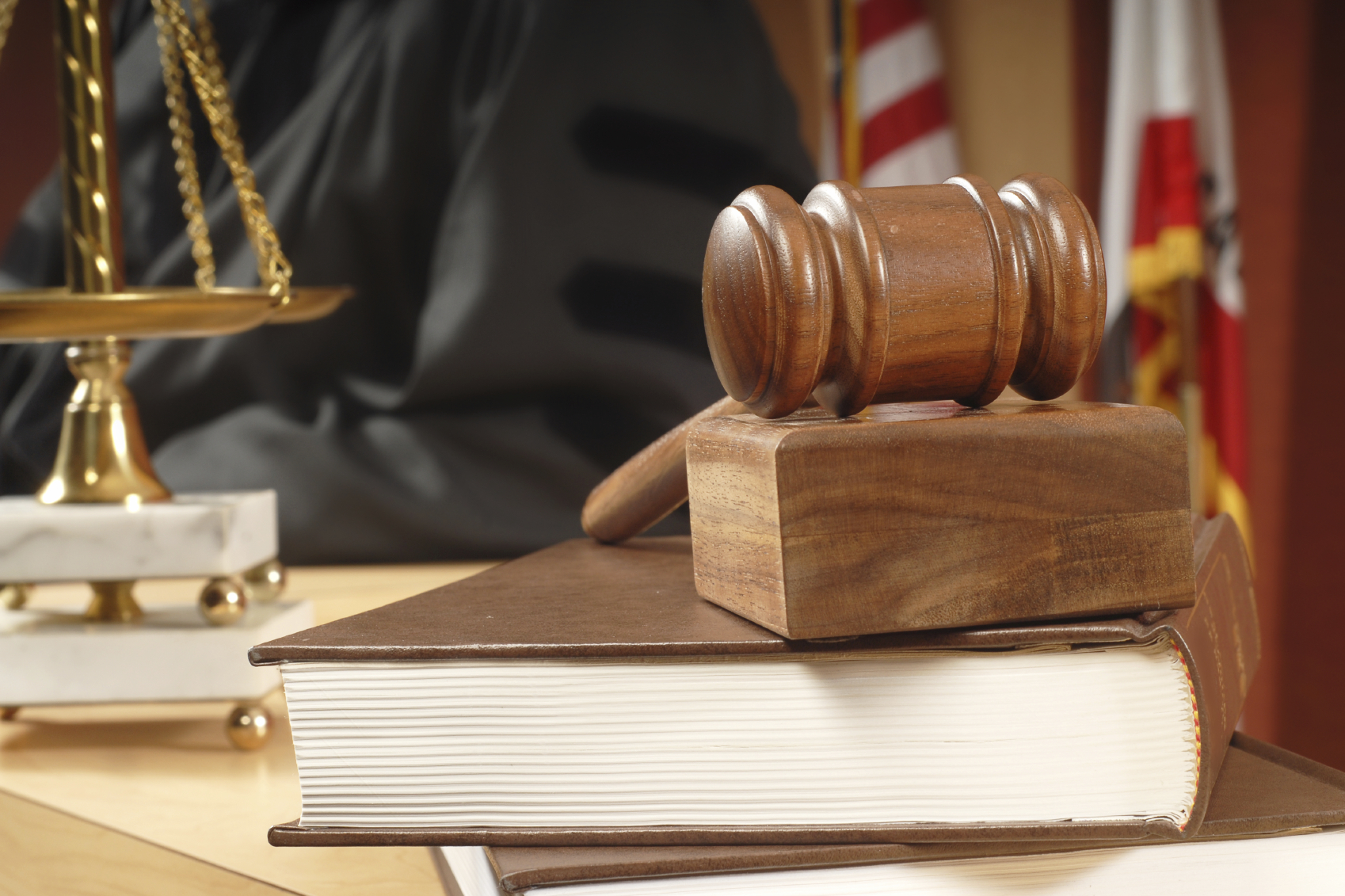 Guide to Probate and Wills When a person dies he usually leaves a will which is a legal document stating the deceased wished when it comes to his funeral, care for his children, if they are still young, and how his property is to be distributed to his loved ones. Having died testate this means that a person dies with a drafted will. Without a will, however, they are said to be dying intestate. The name of the executor of the will is mentioned in the will. The executor is the person entrusted to execute the will after the death of the person. This executor can be someone close to the family, a relative, a friend, or an attorney. The name given to probate is representative of the estate in probate in a will so that they can cover executors both male and female. When there is a will, it will be easier for the family of the deceased person when it comes to estate distribution issues. The presence of a will prevents conflict, misunderstanding, or disagreement because the division of the estate is clearly stated in the will of the deceased. It is not really as easy as it seems to execute a will. It is because there is still a need for court validation required by law which could delay the execution. The executor validates the will by applying for a grant of probate in a probate court. Probate is a legal process where the estate of the deceased person is identifies, validated, and distributed under the strict supervision of the court. This includes, first of all, the payment of outstanding debt to creditors and the payment of outstanding taxes like death and inheritance tax. The special court that interprets the will and validates the claims on the estate by third parties such as creditors of the deceased is the probate court. They oversee the probate process right from when the executor files for a grant of probate, up to when it is granted and ownership of the estate is transferred to the beneficiaries.
Guide to Probate and Wills When a person dies he usually leaves a will which is a legal document stating the deceased wished when it comes to his funeral, care for his children, if they are still young, and how his property is to be distributed to his loved ones. Having died testate this means that a person dies with a drafted will. Without a will, however, they are said to be dying intestate. The name of the executor of the will is mentioned in the will. The executor is the person entrusted to execute the will after the death of the person. This executor can be someone close to the family, a relative, a friend, or an attorney. The name given to probate is representative of the estate in probate in a will so that they can cover executors both male and female. When there is a will, it will be easier for the family of the deceased person when it comes to estate distribution issues. The presence of a will prevents conflict, misunderstanding, or disagreement because the division of the estate is clearly stated in the will of the deceased. It is not really as easy as it seems to execute a will. It is because there is still a need for court validation required by law which could delay the execution. The executor validates the will by applying for a grant of probate in a probate court. Probate is a legal process where the estate of the deceased person is identifies, validated, and distributed under the strict supervision of the court. This includes, first of all, the payment of outstanding debt to creditors and the payment of outstanding taxes like death and inheritance tax. The special court that interprets the will and validates the claims on the estate by third parties such as creditors of the deceased is the probate court. They oversee the probate process right from when the executor files for a grant of probate, up to when it is granted and ownership of the estate is transferred to the beneficiaries.
5 Key Takeaways on the Road to Dominating Lawyers
The executor will have to first present to the probate court registry the will of the deceased and a solicitor approved oath before he can be granted probate. The oath testifies to the commitment of the executor to execute the wishes of the deceased which is written in his will. Not until the probate court official appoints the executor as the representative of the estate is probate can he be recognized by law.
The Ultimate Guide to Attorneys
It takes the court a shorter time to grant probate if the will was properly drafted. If the beneficiaries are not completely satisfied with the decision of the court, they can contest the validity of the will in the same court. Thus, the estate remains frozen until the court makes a validity judgment.
Fri, Apr 18, 2025
Love your feet choose Original Product

